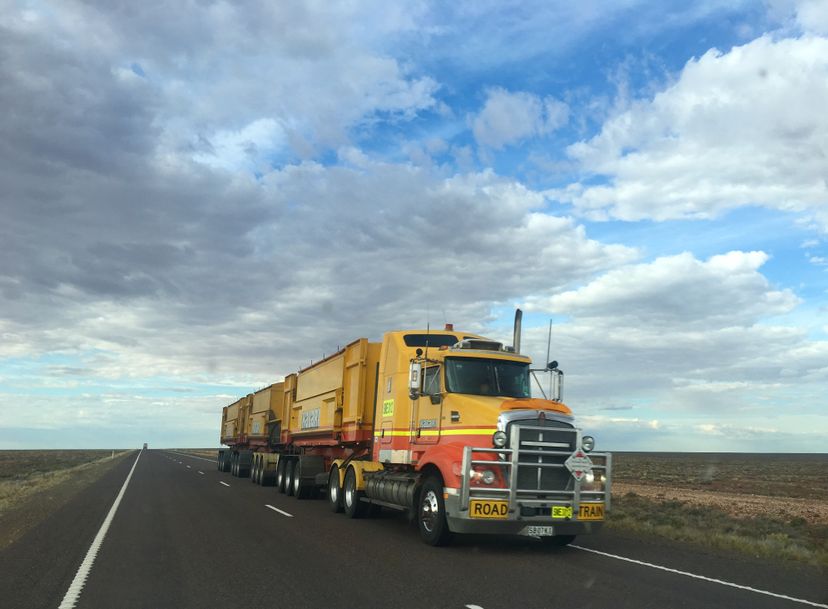Now that you’re familiar with towing capacities and how to calculate them, let’s explore some of the best trucks for towing in 2023. These trucks boast impressive maximum towing capacities and other notable features that make them ideal for various towing tasks. Some of the best trucks for towing in 2023 include:
- GMC Hummer EV
- Ford Ranger
- Jeep Gladiator
- Honda Ridgeline
From compact pickup trucks to midsize options, there’s a tow vehicle out there for every towing enthusiast.
Keep reading to discover the top trucks in each category and their standout features.
Best Compact Trucks for Towing
In the compact truck category, the GMC Hummer EV leads the pack with a max towing capacity of 7,500 pounds. Another strong contender is the Ford Ranger, which boasts a maximum towing capacity of 7,500 pounds. These towing capacity trucks offer powerful engines and impressive towing capacities in a smaller package, making them perfect for those who need a versatile truck for both daily driving and occasional towing needs.
Both the GMC Hummer EV and the Ford Ranger provide a great combination of power.
Best Midsize Trucks for Towing
For midsize trucks, the Jeep Gladiator stands out with the following features:
- Maximum towing capacity of 7,000 pounds
- Powered by a 3.6-liter naturally aspirated V-6 engine
- Produces 285 horsepower and 260 pounds of torque at 4400 rpm
The Honda Ridgeline is another solid choice, offering a maximum towing capacity of 5,000 pounds. These trucks strike a balance between size and towing capabilities, providing ample power for most towing tasks without being too bulky for everyday use.
Best Full-Size Trucks for Towing
In the full-size truck category, the 2023 Ram 3500 Heavy Duty takes the crown with a staggering max towing capacity of 37,090 pounds, which is also its maximum towing capacity, and boasts a maximum tow rating that outshines its competitors. The Chevrolet Silverado 1500 follows closely behind with a maximum towing capacity of 13,300 pounds. These full-size trucks are designed to handle heavy-duty towing tasks and are perfect for those who need maximum power and capability in their towing vehicle.
Whether you’re hauling a trailer, boat, or other large items, these full-size trailers are great for hauling.
